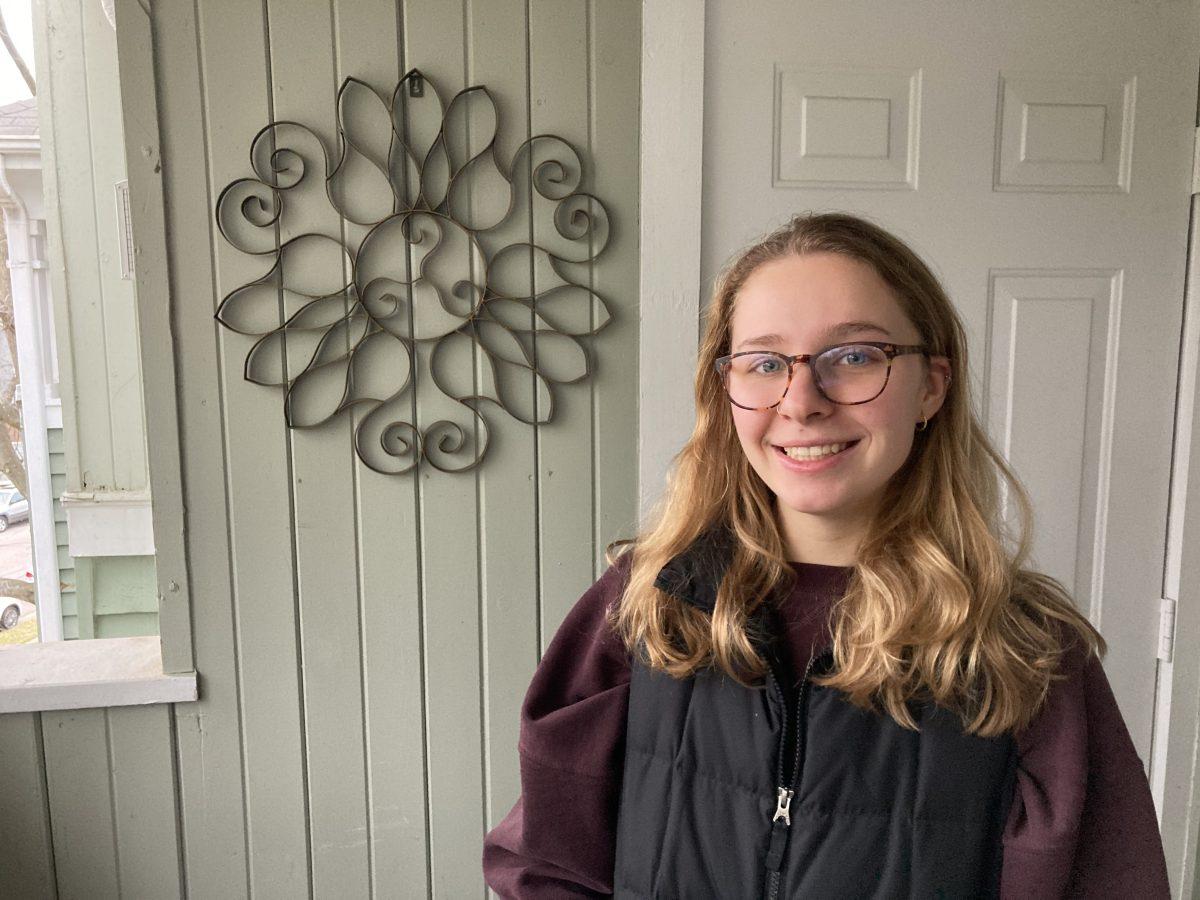
Olivia Hille headshot
There’s been a flip on how medical professionals are treated since the beginning of the COVID-19 pandemic. We give them our praise, telling them how essential they are to our community as they continue to put their lives on the line while facing a virus we are still trying to decode. However, the weight no longer falls on medical professionals, as the release of multiple vaccines and boosters was supposed to be a moment of relief for them. Now, the responsibility is on us to be vaccinated to protect ourselves and to make sure we minimize the trauma our very essential medical workers have been through in the last two years.
When responsibility was shifted from frontline medical workers to citizens like us, there was a lot of pushback. What was most surprising was the resistance from many in the medical community itself. These medical professionals don’t want to get the vaccine, even considering their proximity and experiences throughout the past two years working with UNC Health and other health networks around the country.
This raises a red flag since they are members in our community who are entrusted to guide us in matters of health. The same members who supposedly understand our bodies and the medicine that goes into them the most are not doing the very simple action of getting a very researched and widely administered vaccine.
It’s a relief to hear almost 99% of all UNC Health has either been vaccinated or have been granted an exemption. Although it makes me wonder, what have these 1% of “health professionals” as of Sept. 21 been doing all this time in the public health sector if they can quit their jobs over a vaccine mandate?
We assume nurses and doctors have gone to school and been thoroughly educated about the human body, studied viruses, learned how to make people healthier and now protect them in the future from life-threatening diseases. It is extremely concerning that, while a small amount compared to the overall number of employees at UNC, those individuals got this job and had been working with actual patients with an anti-vaccine mindset. This is especially ironic and also slightly suspicious considering how one must get certain vaccines in order to even go to school and be qualified to work in a medical job.
In a WRAL article, one individual who got a religious exemption from getting the vaccine stated, “It’s absolutely about my freedom.” Freedom for what? Freedom to get others sick? Or to get sick themselves? Freedom to take up an ICU bed and not allow other life threatening, non-preventable injuries from being prioritized? It’s astonishing that those who are very familiar with the inner workings of a hospital would take this course of action, especially after two years of COVID-19 practically waging war in our hospitals.
I’m a full believer in freedom of speech, but that doesn’t mean I agree with every opinion I come across. I am strong in my belief that if you are working a job based on science and medical knowledge, you must believe in science and know basic medical knowledge. It is very clear those in health care positions who have chosen to not be vaccinated either have a really good or a very bad reason, and most fall within the latter.
If, at this point in the pandemic, an individual is telling you they haven’t been vaccinated because they are still doing research, that means nothing. It is very obvious that doing research to many is simply Googling stuff that already aligns with their thought process. That’s not research, and any researcher or analyst can tell you that. It’s very clear what the right course of action is.
It is understandable there is hesitancy during this time, as there is a lot of information, and misinformation about what this vaccine is: how it came so fast, and what will happen. I advise many to check out some of these links if you are still unsure about whether or not you should vaccinate yourself.
The CDC’s website is a great resource when it comes to unanswered questions and vaccine hesitancy. If you are wondering what is in a vaccine, an article from Hackensack Meridian Health titled “A Simple Breakdown of the Ingredients in the COVID Vaccines” explains the details of how the Moderna and Pfizer vaccines are mRNA based while that of Johnson and Johnson uses a viral vector platform. Lastly, to know more about how our state is dealing with the pandemic, resources available and how to protect yourself and your loved ones, North Carolina’s COVID-19 information hub is a great resource with COVID-19 dashboards, regular news updates as well as opportunities to get financial assistance.
Overcoming this pandemic is not a battle that can be won by a fraction of the population, so please do your part in protecting our Pack family and lowering the death toll. Get your vaccines.